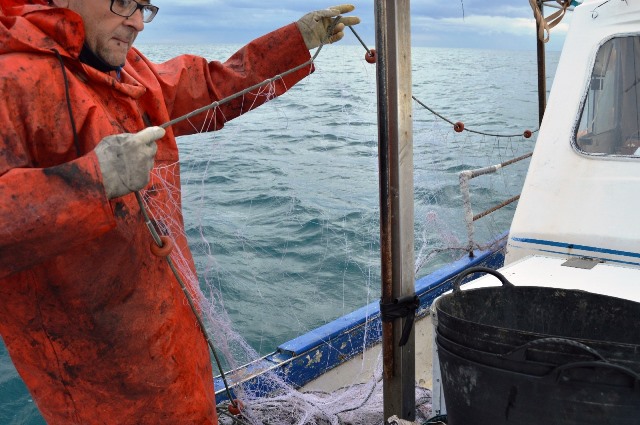Promoting the recovery of the cetacean populations of the Mediterranean Sea while working for the survival of artisanal fishing. This is the objective of the research project carried out by Blanca Feliu Tena for her Master’s Thesis at the Universitat Politècnica de València, titled “Study and Assessment of Damages from the Interaction Between Cetaceans and Artisanal Fisheries“.
“The interaction between some species of cetaceans, especially dolphins, and artisanal fisheries in the Mediterranean Sea has been ongoing for thousands of years,” says the researcher and graduate of the Bachelor’s Degree in Environmental Sciences and Master’s Degree in Environmental Assessment and Monitoring in Marine and Coastal Ecosystems from the UPV.”Humans and dolphins compete for the same resources, fish. This competition ceased to be a problem because we decimated their populations, since dolphin slaughter began occurring in the 60s. But since they are a protected species ,it is estimated that the populations are recovering. This positive recovery is making them a problem for artisanal fishing, since some dolphins break the nets of the fishing boats to eat the fish captured,” explains the environmental scientist.
In her research, Blanca Feliu confirms the presence of two species, the bottlenose dolphin and the striped dolphin. “Closer to the coast is the bottlenose dolphin, so if there is any interaction between dolphins and fishing, it would be this species causing the damage,” explains the researcher. Blanca Feliu has done a field work with excursions out to the sea, thanks to the collaboration of the Fishermen’s Guild of Gandia.
The research has been conducted in an area located between nautical mile 15 and 25 of the Mediterranean Cetacean Migration Corridor. “This marine protected area was declared a Marine Protected Area of the Mediterranean Cetacean Migration Corridor“, says Blanca Feliu. But the problem analyzed is not limited to the area studied: “in the northeastern part of Mallorca there is an interaction between dolphins and trammel nets that is identical to the one in the Valencian coastal waters,” emphasizes the Marine Management expert.
Other sources of information for the research were the instant messaging group, “Collaborating Boat”, created by Juan Eymar, a technician from the Department of Marine Protection in the Ministry of Agriculture, Environment, Climate Change and Rural Development, where the fishermen send photographs and videos of sightings and also of interactions with cetaceans; public information from the Generalitat Valenciana; and lastly, data donated by the Oceanogràfic Foundation on the presence of cetaceans, obtained through hydroacoustic techniques.
A COST TO FISHERMEN
The researcher estimates a cost per year of 400 euros per vessel for each interaction, although it would be necessary to expand the research to determine it exactly. Based on this estimate, the researcher analyzes various ways of handling the problem and thinks that the most efficient method the one being used with other protected species like the Iberian wolf: compensating the fishermen for their financial losses. “This way it would be the entire society, and not just the fishing sector, who would bear the cost of recovering species that are key to the biodiversity of the Mediterranean,” explains Blanca Feliu. “Cetaceans are very important at an ecological level, and are also considered ‘umbrella species’, which means that thanks to the charisma of their ethology, they generate a social interest that facilitates the promotion of actions in favor of the conservation of these species.”

Another timely measure to protect artisanal fisheries and dolphins would be to make spare gear available to fishermen while repairing the one that has suffered from interaction. “The fishermen not only lose the cost of the material and have to do the work of repairing the trammel, it is also a loss of time since they can’t go fishing while the net is being repaired.”
For the researcher, intervention on the part of the administration is urgent. “Due to the current state of conservation of these species and the slaughters they have undergone, what is a problem today may turn into a conflict in a few years. Proper management can put an end to this detrimental development, both for the fisheries sector and for the conservation of Mediterranean cetacean species. In addition, the recovery of dolphins could lead to other activities for artisanal fishing boats, such as the sailing excursions for groups of tourists to sight dolphins in the wild’, says Blanca Feliu.
Communication and Marketing Officer at Campus Gandia

